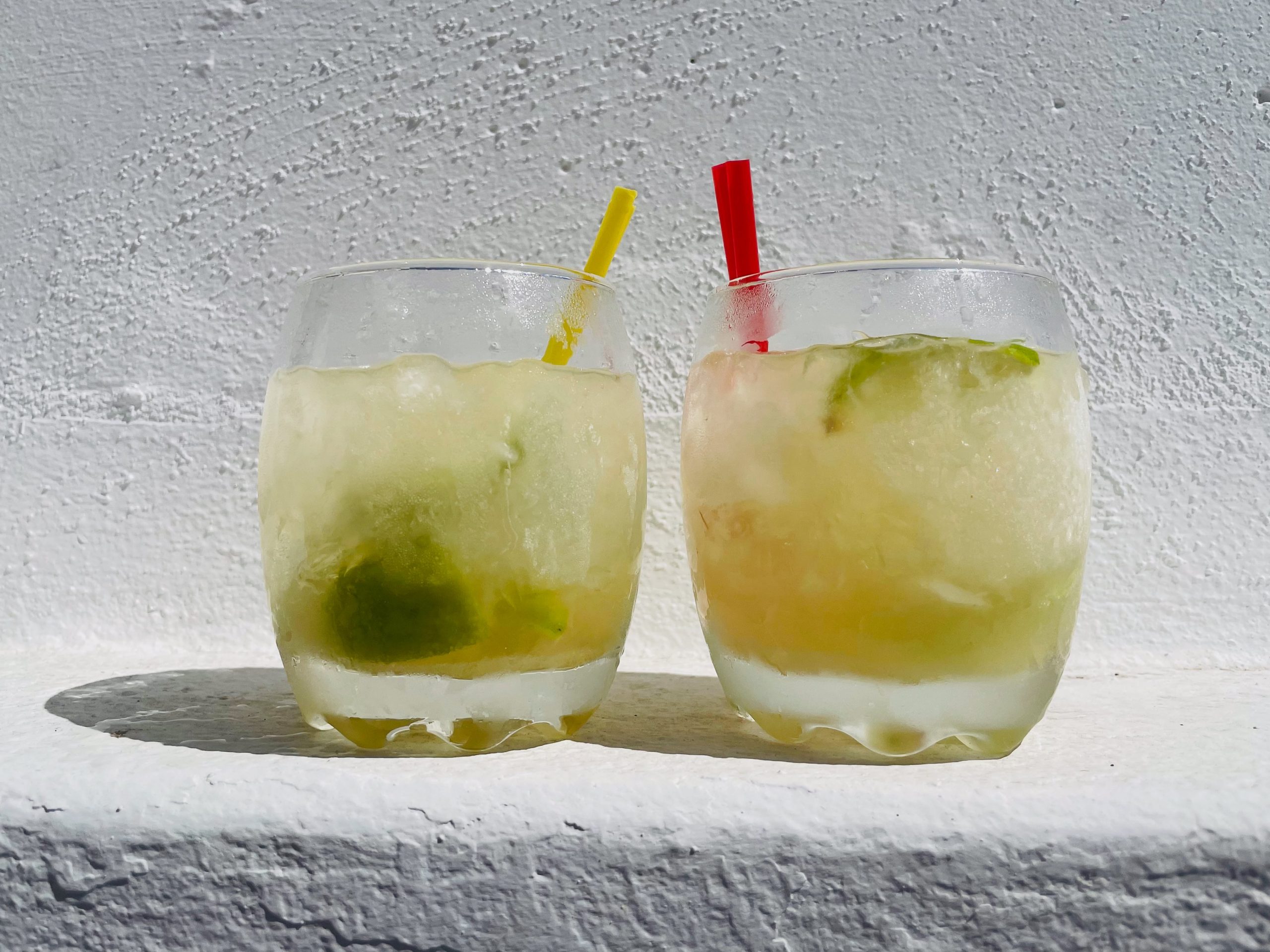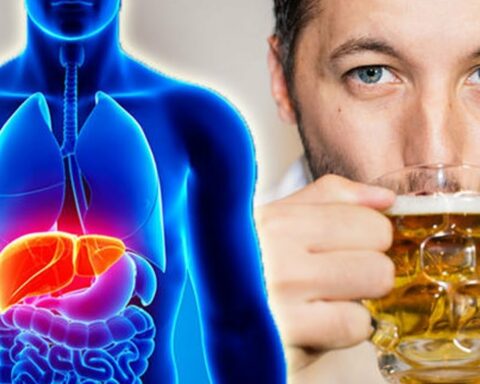Unless under dietary restrictions or health conditions, sugar is widely used by everybody. This granulated processed food is easy to add to different foods, purposely for sweetening.
Sugar is a sweet carb that your body converts into glucose for the production of energy. While sugar alcohols are also sweet-tasting, they are structurally different from regular sugar and even their absorption is less efficient. Both sugar and alcohol sugars are found naturally in many foods. They can also be added to processed foods and soft drinks. Lastly, both of these sugars are used in similar ways. However, their effect on the digestive system, oral health, and blood sugar levels, are vastly different. Read on to learn the key differences between sugar and alcohol sugar.
What Is Sugar?
Answering this question is important in getting you to understand the differences. Sugars are carbs with a natural sweet taste. The chemical structure of sugar is composed of carbon, hydrogen, and oxygen atoms. Sugars are naturally found in a variety of foods, including fruits, grains, vegetables, dairy products, and processed foods. Sugars can be grouped into two main categories, that is, monosaccharides and disaccharides. These are simple forms of sugar and monosaccharide is the simplest type, containing only one molecule of sugar. Your body prefer using glucose as its immediate source of energy. Glucose is the type of sugar that is usually measured for medical importance in blood sugar tests. Fructose and galactose are other types of monosaccharides that your body metabolizes into glucose. Disaccharides, on the other hand, are a combination of two monosaccharides attached together. They need to be separated for easy digestion. A good example of disaccharide is sucrose, commonly known as table sugar. It is made up of fructose and galactose molecules. Lactose is another disaccharide found in milk and made up of galactose and glucose molecule. Another is maltose which is a combination of two molecules of glucose.
What Are Sugar Alcohols?
Sugar alcohols are also carbs that have structural similarities with sugars and alcohol. They can also be called polyps. The word “alcohol” in these sugars doesn’t mean that they contain ethanol, and for this reason, sugar alcohols are safe for people avoiding alcohol. Since they are similar to sugar, you can expect them to have the same pleasing effects on food, as well as your tongue. Their absorption or digestion is less efficient than that of table sugar, and they are also low in calories. Some foods naturally contain sugar alcohols, including plums, avocado, strawberries, or made by processing table sugar. In most cases sugar alcohols are used in toothpastes, laxatives, sugar-free chewing gums as a low-calorie sweetener, processed foods as an additive, and in certain medications. The common available types of sugar alcohol include sorbitol, xylitol, mannitol, maltitol, isomalt, erythritol, and lactitol.
Key Differences Between the Two Sugars
What sets apart sugar and sugar alcohol is their digestion, amounts of calories, sweetness, and effect on oral health and blood sugar levels.
Calorie Content and Sweetness
Regular table sugar contains more calories than sugar alcohol. Averagely, they deliver four calories per gram, compared to two calories provided by sugar alcohols. In addition to that, sugar alcohols are less sweet, with sweetness ranging between 25-100 percent of table sugar. Xylitol is the sweetest and lactitol is the least sweet. If you are watching your sugar and calorie intake, using sugar alcohols is the best alternative to table sugar with low calorie and sweetness. Several studies have linked high intake of sugar to increased risk of obesity, heart disease, type 2 diabetes, and chronic inflammation.
Digestion
Once sugars have been broken down into simple absorbable forms in the small intestines, they are absorbed into the bloodstream where they are used for energy or metabolized further. The digestion of sugar alcohols, however, is not as efficient as that of regular sugar, with the exception of erythritol. This sugar alcohol is absorbed perfectly well, but does not undergo metabolism. Erythritol is excreted through urine, whole as it was absorbed, intact. The rest of sugar alcohols are handled like fiber – they are moved into the large intestines and are fermented by the healthy gut bacteria. When you take too much of sugar alcohols, their fermentation may cause bloating, flatulence, diarrhea, stomach pain, especially in people with irritable bowel syndrome (IBS). It is recommended that you keep your intake of alcohol sugars between ten and fifteen grams per day, as this is a tolerable dose. However, the National Institutes of Health recommend that people with IBS should avoid alcohol sugars, more so maltitol and sorbitol.
Effect On Blood Sugar Levels
When you eat sugars, they are broken down into simple sugars, which are absorbed into the bloodstream and cause an increase in blood sugar levels. From here, insulin transports them into muscles to be converted into energy or stored. Both glucose and sucrose have high glycemic index, with glucose scoring 100 and sucrose 60. Glycemic index (GI) is a tool used to measure how fast a particular food can raise your blood sugar levels. Owed to their poor and less efficient absorption, sugar alcohols have a lower GI and have no significant effect on your blood sugar levels. Most of these sugars have a GI score of between 0 and 36. For this reason, sugar alcohols are a perfect alternative for diabetic people. They can also be used by people with pre-diabetes and metabolic syndrome.
Tooth Decay
Sugars are fermented by microbes in your mouth, which produces acids that can cause damages to your teeth’s enamel. The fermentation process also increases your likelihood of developing dental caries. Sugar alcohols, on the other hand, have no effect on your tooth since they cannot be fermented by bacteria in your mouth. As a matter of fact, xylitol and erythritol may help protect your teeth from tooth decay, that is why they are used in toothpastes.
Conclusion
Regular sugar and sugar alcohols are both carbohydrates with a sweetening taste with difference in their chemical structures. Sugar alcohols are low in calories and less sweet. They also score low on the GI, making them good for people with diabetes. Conversely, regular sugar is fermented in your mouth by bacteria, and can lead to tooth decay.
- FDC – Giejo Magazine Article - July 29, 2023
- MoriMa Tea the – Chinese tea culture - April 26, 2023
- Missionary Position – Least Likely To Bring You To Climax - April 7, 2023









